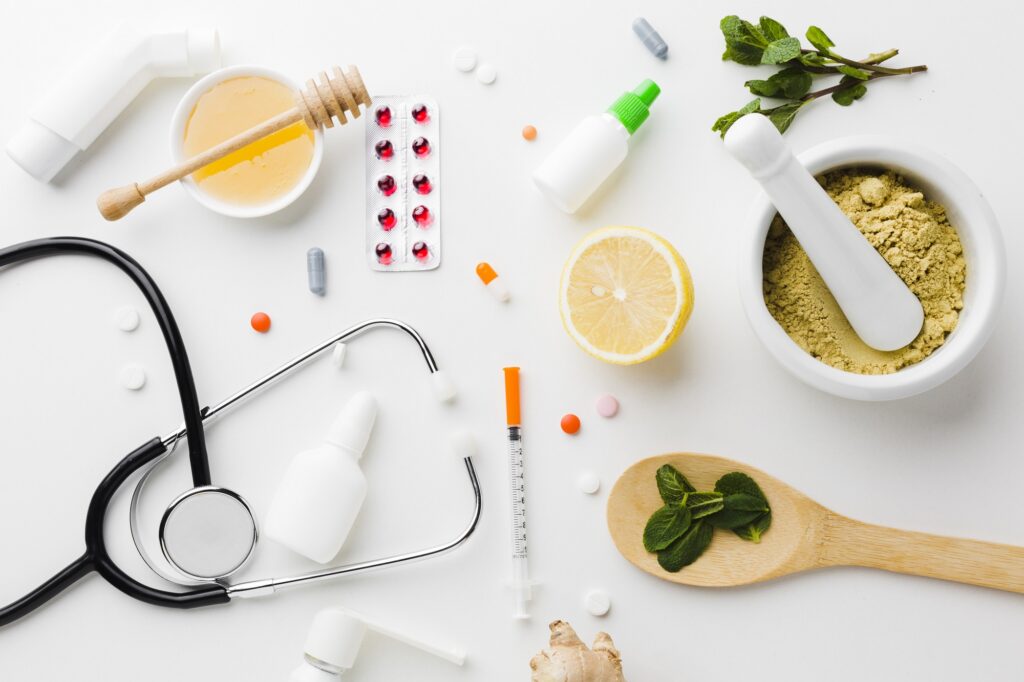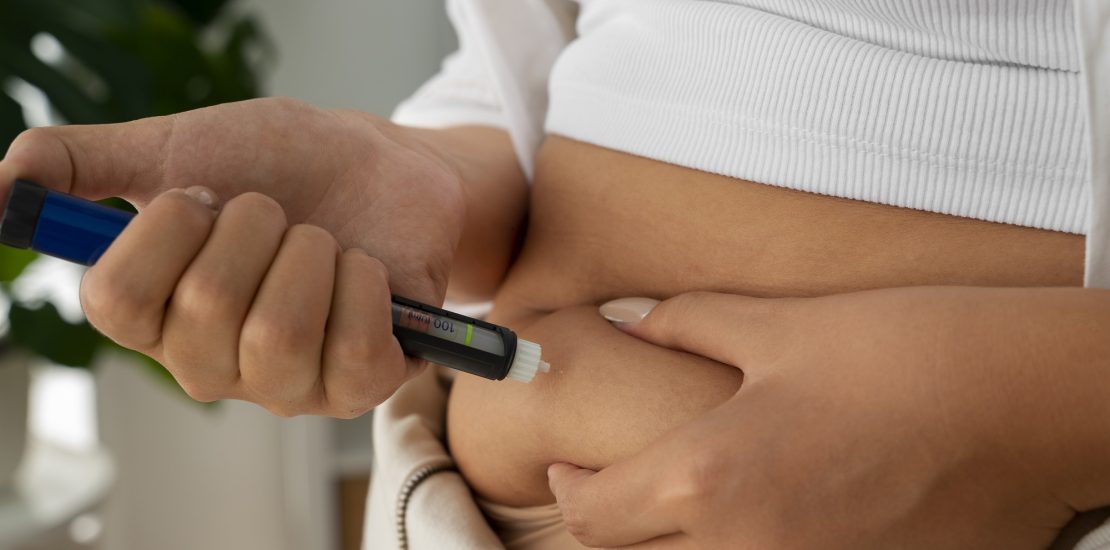Understanding Liver Health and Its Importance
The liver is an essential organ that plays a crucial role in maintaining overall health. It performs over 500 vital functions, including detoxification, protein synthesis, and the production of biochemicals necessary for digestion. Understanding liver health is important because it directly influences metabolic processes such as fat metabolism and glucose regulation, which are vital for weight management and diabetes control.
A healthy liver filters toxins from the blood, regulates blood clotting, and metabolizes nutrients absorbed from the digestive tract. It converts excess glucose into glycogen for storage and releases it back into the bloodstream when needed, helping maintain stable blood sugar levels. Supporting liver health is also crucial for body transformation, as it plays a vital role in energy metabolism and overall wellness. A compromised liver cannot efficiently perform these tasks, leading to various health issues.
The liver’s role in fat metabolism is significant. It breaks down fats and produces energy, and when liver health declines, fat accumulation can occur, leading to fatty liver disease. This condition contributes to obesity and insulin resistance, increasing the risk of diabetes and other metabolic disorders.

The Link between Liver Health and Fat Reduction
Liver health is closely linked to fat reduction and weight management. A well-functioning liver processes fats effectively, converting them into energy or eliminating them from the body. When liver function is impaired, fats are not metabolized properly, leading to fat accumulation, especially around the abdomen, which increases the risk of cardiovascular diseases. Supporting liver function is therefore essential for successful body transformation, as it directly impacts fat metabolism and overall health.
Poor liver health can cause non-alcoholic fatty liver disease (NAFLD), characterized by excessive fat build-up in liver cells. NAFLD is often associated with obesity and can lead to more severe conditions like cirrhosis and liver cancer. Addressing liver health is crucial for effective fat reduction and preventing these outcomes.
Improving liver health through dietary changes, regular exercise, body transformation, and liver-supportive supplements can enhance the liver’s ability to burn fat, support weight loss, and improve metabolic health.
How Liver Function Affects Diabetes Management
The liver plays a pivotal role in glucose metabolism by storing glucose as glycogen and releasing it to maintain blood sugar levels. A healthy liver ensures a balanced glucose supply, preventing spikes and crashes that can lead to insulin resistance, a precursor to type 2 diabetes.
When the liver is compromised, its ability to manage glucose efficiently is impaired. This can result in excessive glucose production and elevated blood sugar levels, worsening insulin resistance and increasing the risk of type 2 diabetes. Maintaining liver health is therefore crucial for diabetes management and prevention.
Individuals with diabetes or prediabetes can benefit from lifestyle changes that support liver function, such as a balanced diet rich in antioxidants and regular physical activity, which help improve glycemic control and reduce diabetes-related complications.

Liver Health & Warning Signs
Several common liver issues can significantly impact metabolism and overall health, with non-alcoholic fatty liver disease (NAFLD) being among the most prevalent. NAFLD, often linked to obesity, insulin resistance, and poor dietary habits, leads to fat buildup in liver cells and can progress to more serious liver damage if left untreated.
Alcoholic liver disease, caused by excessive alcohol consumption, similarly disrupts liver function and impairs the body’s ability to regulate glucose and fat metabolism. Chronic hepatitis B and C infections also contribute to long-term liver inflammation, raising the risk of liver cancer and metabolic imbalance. These conditions underscore how vital liver health is to proper metabolic function.
Early signs of poor liver health—such as persistent fatigue, jaundice, abdominal swelling, dark urine, pale stools, unexplained weight loss, and easy bruising—should never be ignored, as they may indicate liver dysfunction. Regular medical checkups, liver function tests, a healthy lifestyle, and preventive measures like vaccinations and limiting alcohol intake are essential steps to protect liver function and support overall metabolic health.
Diet and Lifestyle Changes for a Healthier Liver
Adopting healthy dietary and lifestyle habits can significantly improve liver function. A balanced diet rich in fruits, vegetables, whole grains, and lean proteins provides essential nutrients. Foods high in antioxidants, like berries, nuts, and leafy greens, help combat oxidative stress and inflammation that can damage liver cells.
Reducing processed foods, sugars, and saturated fats is important to prevent fat buildup in the liver. Opt for healthy fats found in avocados, nuts, and olive oil to support liver metabolism. Staying hydrated also aids detoxification and liver function.
Regular physical activity plays a key role in supporting liver health by promoting weight management, reducing fat accumulation, and improving insulin sensitivity, which helps prevent and manage fatty liver disease.
Both aerobic exercises (such as walking, cycling, or swimming) and resistance training boost metabolic rate and liver function. Consistency is important—incorporate physical activity into your daily routine, even though small changes like short walks or taking the stairs. Over time, these habits can lead to significant improvements in liver health and overall well-being.
Natural Supplements to Enhance Liver Health
In addition to diet and exercise, certain natural supplements can support liver health. Milk thistle contains silymarin, which has antioxidant and anti-inflammatory properties that protect liver cells and promote regeneration. Studies suggest it can improve liver function in individuals with liver disease.
Turmeric contains curcumin, which reduces liver inflammation and oxidative stress and may improve insulin sensitivity and lipid metabolism. Incorporating turmeric into your diet or taking supplements can provide these benefits.
Other supplements include dandelion root, which supports detoxification, and artichoke extract, known for liver-protective effects. Before starting any supplement, consult a healthcare professional to ensure it’s appropriate for your health.

Conclusion
Understanding and prioritizing liver health is crucial for effective fat reduction and diabetes management. Recognizing the link between liver function, metabolism, and overall health allows you to take steps to improve liver health and quality of life. Adopting a balanced diet, regular exercise, and considering natural supplements support liver function.
Regular health screenings are essential for early detection and management of liver issues, preventing long-term complications. By taking a proactive approach to liver care, you can enhance metabolic health, weight management, and diabetes control.



